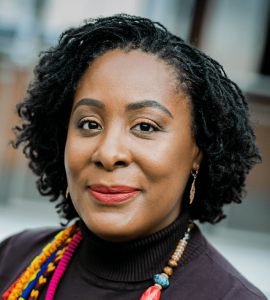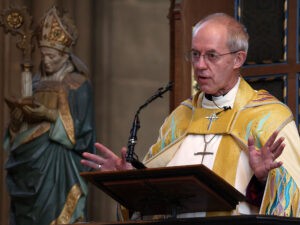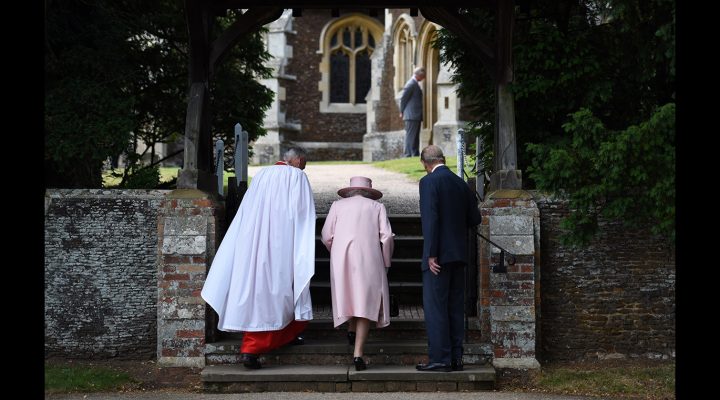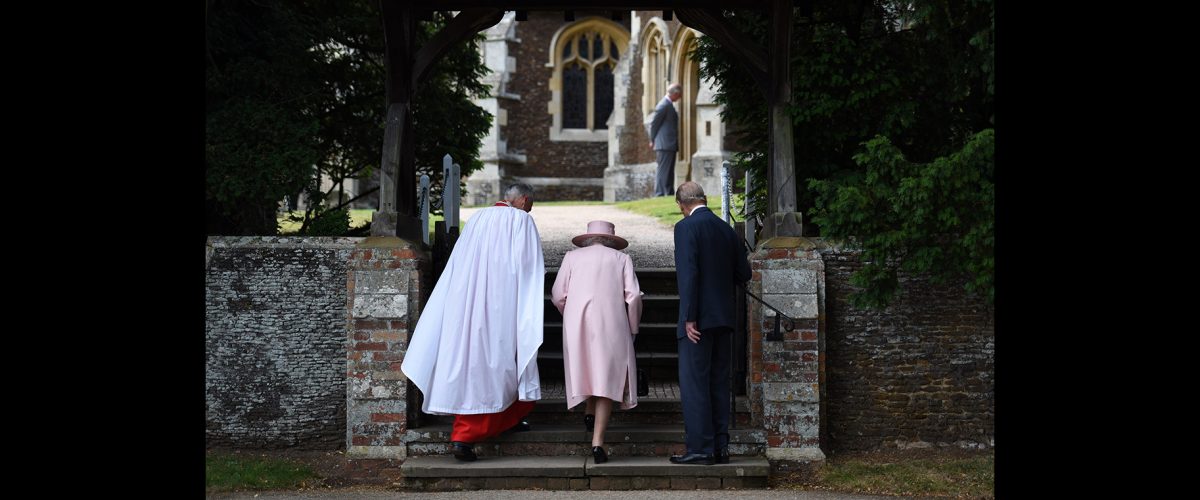As the world mourned the Sept. 8 passing of Britain’s Queen Elizabeth II, her legacy drew mixed reaction from Africa, where at least 15 countries once were held under British colonial rule.

Cyril Ramaphosa
The legacy of Britain’s rule lies behind some of the power struggles within the disparate tribes of Africa, causing some Africans to view Britain’s influence as mainly self-serving. Even as some like President Cyril Ramaphosa of South Africa reserved kind words for Queen Elizabeth, other Africans say the legacy of British rule still leaves unpleasant memories.
In a tweet after Queen Elizabeth’s death, Ramaphosa said: “Her majesty was an extraordinary and world-renowned public figure who lived a remarkable life. Her life and legacy will be fondly remembered by many around the world. The queen’s commitment and dedication during her 70 years on the throne remains a noble and virtuous example to the world.”
But Uju Anya, a Nigerian-born associate professor at Carnegie Mellon University in the United States, disagreed.

Uju Anya
Anya tweeted, wishing an ailing Queen Elizabeth “excruciating pain” on account of what she considered to be Britain’s partisanship in her native country’s civil war that happened between 1967 and 1970.
Anya’s tweet was deemed insensitive by many people, including leaders at Carnegie Mellon University, who denounced the post as “offensive and objectionable.”
Twitter deleted Anya’s post but the lecturer, rather than apologize, gave more reasons why she wrote about the queen that way: “If anyone expects me to express anything but disdain for the monarch who supervised a government that sponsored the genocide that massacred and displaced half my family and the consequences of which those alive today are still trying to overcome, you can keep wishing upon a star.”
As the queen’s remains now travel from Balmoral, her place of death, to Holyroodhouse in Edinburgh and later London, reactions to her death across the world have not ceased.
Justin Welby, archbishop of Canterbury, said Queen Elizabeth, who was the supreme head of the Church of England, lived a life distinguished by service to humanity.

Justin Welby, archbishop of Canterbury delivers his Easter Sermon at Canterbury Cathedral on April 17, 2022, in Canterbury, England. (Photo by Hollie Adams/Getty Images)
“As a faithful Christian disciple, and also supreme governor of the Church of England, she lived out her faith every day of her life. Her trust in God and profound love for God was foundational in how she led her life — hour by hour, day by day,” he said. “In the late queen’s life, we saw what it means to receive the gift of life we have been given by God and — through patient, humble, selfless service — share it as a gift to others.”
Welby added that the late monarch “found great joy and fulfilment” in the service of her people and her God, “whose service is perfect freedom,” and that “for giving her whole life to us and allowing her life of service to be an instrument of God’s peace among us, we owe her a debt of gratitude beyond measure.”
The queen, he continued, leaves behind “a truly extraordinary legacy: one that is found in almost every corner of our national life, as well as the lives of so many nations around the world, and especially in the commonwealth.”
Pope Francis, in a tribute shared via telegram, said he was deeply saddened to learn of the passing of Queen Elizabeth II and praised her “unstinting service to the good of the nation and the commonwealth, her example of devotion to duty, her steadfast witness of faith in Jesus Christ and her firm hope in his promises.”
It wasn’t just Christian religious leaders who held Queen Elizabeth in such esteem. Some Muslims across the world also said her impact wasn’t restricted to her religious faith or environment.
In a statement on her passing, the Muslim Council of Britain, through Zara Mohammed, secretary general of the body, said the late queen did not discriminate against people of other faiths but instead helped foster inter-ethnic relations and peaceful co-existence.

Zara Mohammed
“We at the Muslim Council of Britain remember how the queen devoted her life to public service and sought unity among British communities,” the statement said. Her majesty’s reign led to “extraordinary change in our country,” such that “over seven decades, the United Kingdom has seen itself transformed into a multicultural and multi-faith society.”
Also remarkable, the Muslim body said, was that Queen Elizabeth was the “the first monarch to engage with newly established Muslim communities in the UK.” While noting that the “first British mosque was seen in the Victorian era, the queen was the first monarch to visit a UK mosque during her Jubilee celebrations in 2002.”
Another evidence of the late queen’s nondiscriminatory ways, the Muslim Council said, is that “audiences at events and ceremonies hosted by the royal family reflect the diversity of Britain.”
Tributes also flowed in from outside religious circles.
U.S. President Joe Biden and his wife, Jill, said in a statement: “Her majesty Queen Elizabeth II was more than a monarch. She defined an era.”
“In a world of constant change, she was a steadying presence and a source of comfort and pride for generations of Britons, including many who have never known their country without her,” the Bidens added. “An enduring admiration for Queen Elizabeth II united people across the commonwealth. The seven decades of her history-making reign bore witness to an age of unprecedented human advancement and the forward march of human dignity.”
Anthony Akaeze is a Nigerian born-freelance journalist who currently lives in Houston. He covers Africa for BNG.
Related articles:
Womanhood, white Christian nationalism and Queen Elizabeth | Opinion by Greg Garrett


